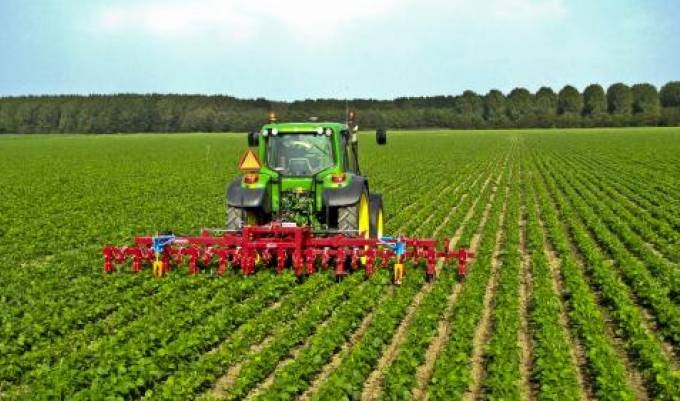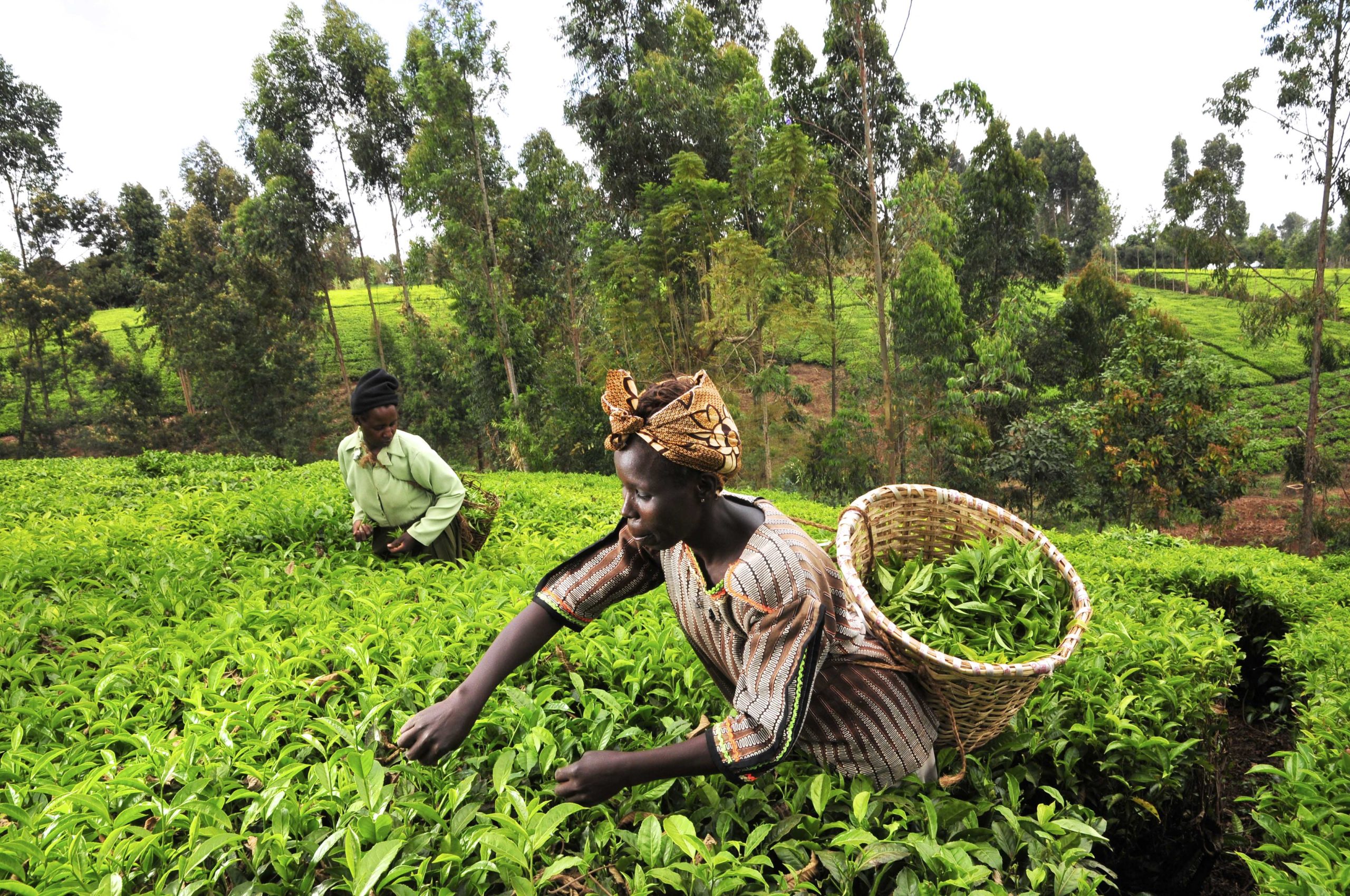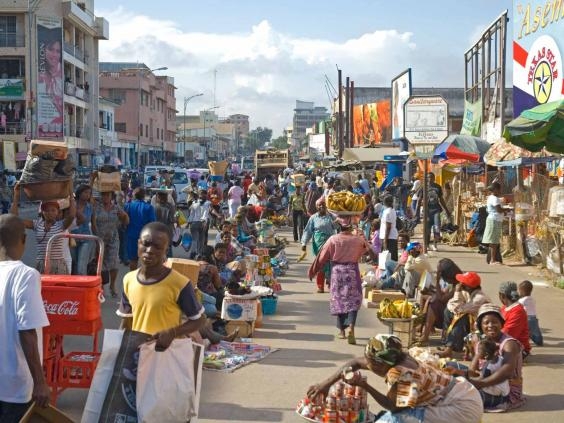
This is a fourth part of a series of articles concerning the role of various institutions, stakeholder and sectors in revitalizing the Ghanaian economy. It is a widely known fact that, agriculture is a pivotal anchor for poverty reduction as well as possessing the needed power in solving the many socioeconomic challenges across the country. For agriculture to play its effective role in facilitating and driving forward the overall socioeconomic transformation across the country, a coherent performance improvement interventions, policies and strategies which ensure greater yields for farmers (especially smallholders, which constitute the bulk of the countries production base) should be a priority of all stakeholders. Policy makers could strengthen or enhance this important role of agriculture by creating the enabling environment which ensures efficiency of agricultural marketing activities across the country (i.e. efficient agricultural data gathering and dissemination systems across the country to enhanced accessibility of production information).

This will ensure transparency and reliability of forecasting the production and supply activity of the sector and help reduce the high transaction cost normally involved in business engagement with small scale producers while ensuring investor confidence in setting up and or operating agribusiness in the country. It is a fact that, the outdated production techniques (e.g. the widespread slush and burn production practices, outmoded production inputs such as the use of a cutlass and a hoe, etc.) being currently employed across the country possess major challenges for many small scale farmers regarding improving their productivity. However, this challenge could be overcome if policymakers are committed to investing in local agricultural research and technology development as well as facilitating the transfer of such modern technologies to farmers (i.e. production technologies which incorporate farmers’ needs and local aggro-ecological conditions) to enhance increase efficiency and productivity of such small-scale producers and thereby driving yields to appreciable levels in the country.

It is high time for Policy makers in the country to stop paying lip service and pure rhetoric to helping farmers increase yield and embark on practical ways to help advance production technologies to help farmers obtained better yields. Technological progress represents a necessary condition for releasing the constraints on agricultural production imposed by weather, soil and other inelastic factor supplies. I acknowledge the fact that, the process by which a continuous stream of new agricultural technologies are made available to farmers is very difficult to achieve in a developing country like Ghana. However, in most countries which have been successful in achieving rapid rates of agricultural growth through technical progress, huge public financial support of agricultural research has been deliberately employed as an instrument of modernization in such countries. This modernization process has involved the development of both scientific and experiment stations as well as the industrial capacity capable of producing the biological and mechanical innovations adapted to the prevailing local production conditions.

Furthermore, personnel’s in the extension service should be adequately trained and equipped with high impact problem solving and analytical skills to enhance their core role of enhancing performance and capacity building of farmers across the agricultural sector in the country. In order to achieve rapid, tangible progress and results from the agricultural sector in helping to resuscitate the dwindling Ghanaian economy as well as solving the many social challenges across the country, all stakeholders (i.e. policymakers, market actors and farmers) should join resource in developing adequate value chains mechanisms (i.e. provision of proper market structures, warehouses, efficient transport and logistics services, access to production finance). This will enhance and sustain the commercial gains generated as a result of increase productivity on a sustainable basis.
Author: Dr. Amos Mensah
Agricultural and Resource Economist, Consultant-GFA-Group, Researcher-Georg-August-Universität Göttingen









